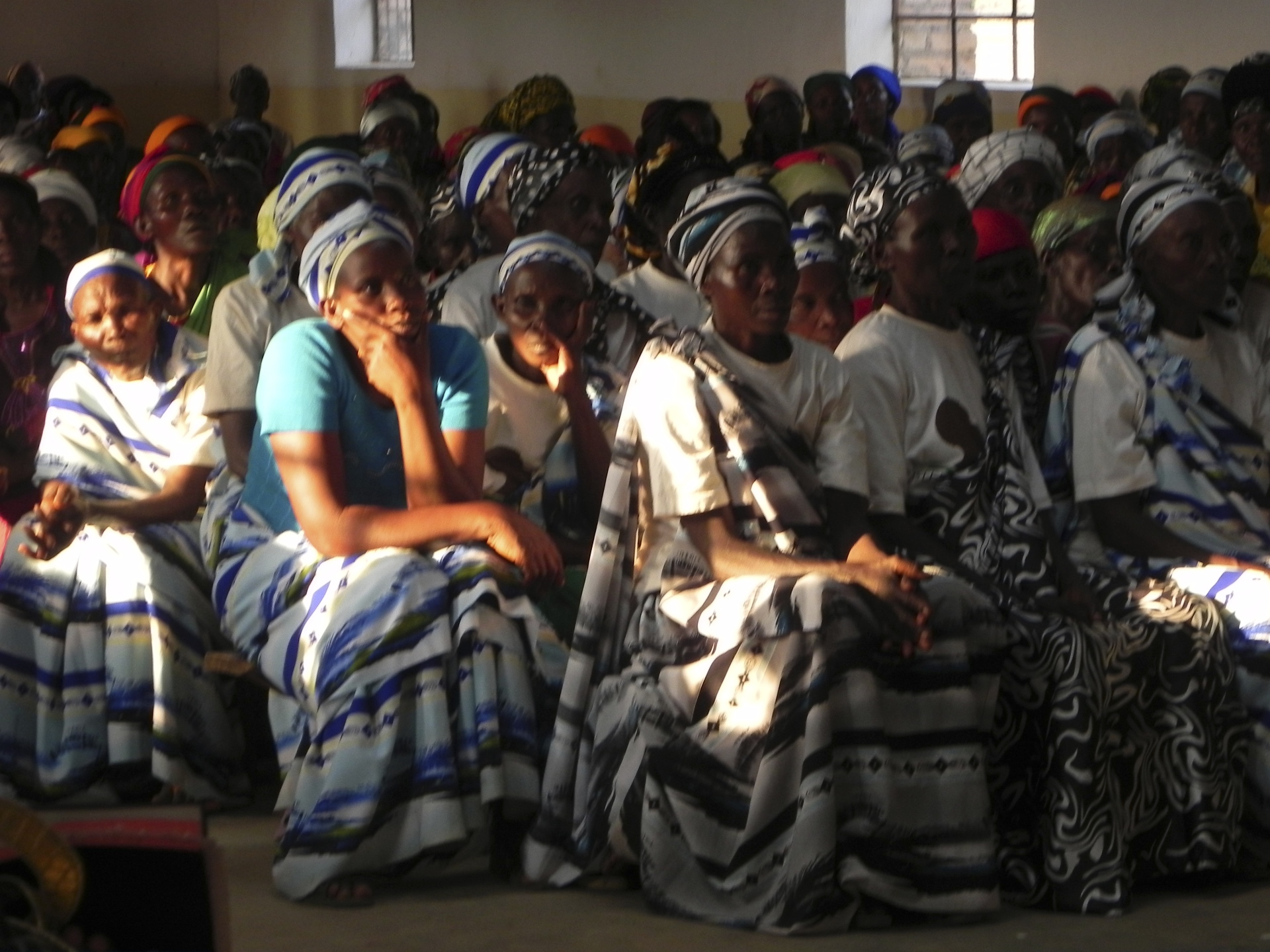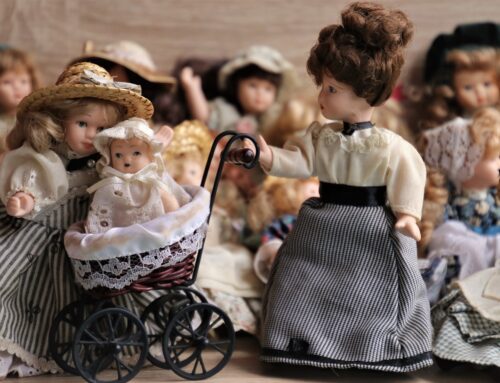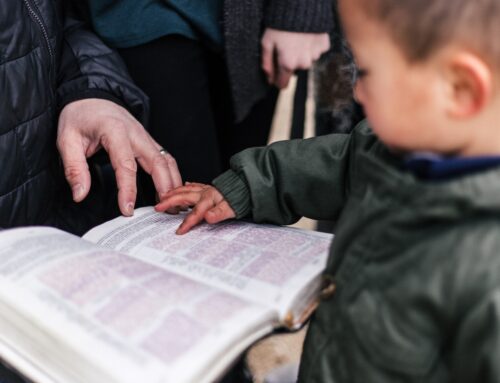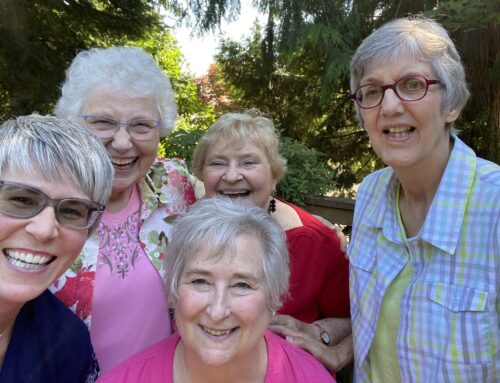Communicating clearly can be difficult even when you both speak the same language. A person seldom feels more vulnerable when trying to communicate without knowing the local language or culture.
I invited my writer friends to share their stories of cross-cultural communication issues. Some are stories of word choice. They make great stories—after the embarrassment has faded! And some reveal the desperation one may feel when she isn’t skilled in a language. They all remind us that love is our best tool in approaching new people and new experiences. Enjoy the stories. And if you have one of your own, be sure to share it in the comments!
Jan Anderson shares two stories from her years in Germany:
 What Really Happened Here?
What Really Happened Here?
Living in Germany in the late ‘70s, members of our mission team were assigned by twos to attend different churches on Sundays in order to have a greater community impact. Fortunately, my partner spoke fluent German before her arrival, but the rest of us spoke barely any.
After our first morning of worship we met together, and someone announced they had had a TEUFEL in church. My partner laughed our loud, insisting she was sure they hadn’t.
After some arguing back and forth, we learned that there was a baptism, a TAUFE, not a TEUFEL, a DEVIL!
Say What?
Getting all the phonetical sounds of a new language can be hard, especially for someone who wants to speak precisely and avoid crude language. My American friend living in Germany was such a person, and he struggled using the language.
When he wanted to take a train from southern German to Frankfurt he asked the teller at the station, in German, how much it would cost for a FERT to Frankfurt. He was told 250 marks (about $450). Aghast, he asked again – same answer.
The problem was, my friend could not bring himself to ask for a FAHRT (a trip on a train, but sounds like an English slang word). Instead, because of his pronunciation, the teller thought he said PFERD, which is a horse. The actual ride was about 15 marks!
Sylvia Stewart, a former missionary to Africa, shares a difficult experience that the Lord helped her navigate.
When You Don’t Have the Words
After serving in Malawi for 21 years, we were asked to start a new Assemblies of God Bible school in Addis Ababa, Ethiopia. We would need to learn not only a new culture but a new language as well, and by now we were well into our 50s.
Even though it meant a walk of about ¾ of a mile to find a taxi, out of necessity, we used local transport—small pickup trucks with a canopy over top, and benches lining both sides of the bed.
On one grocery shopping trip, I climbed into the back of one of these “taxis” to find that it was already occupied by a group of women who seemed to know each other well—an elderly woman, a middle-aged woman, a young mother and her baby. Some of their neighbor ladies, too. The minute they saw I was a white woman the chatter rose in disgruntled speech and stares.
Although they reluctantly moved aside for me to sit, I could tell by their body language and the timber of their voices that they were not happy to have me ride with them. At that time, Ethiopia had freed itself from Communism only a year before, so white people were not appreciated nor welcomed in their country.
Even though I felt a bit taken aback, I bobbed my head in greeting, as I had seen other Ethiopians do. But I hadn’t learned even one word of Amharic yet—not even the greetings. I prayed, “Lord what can I do to relieve this tension?” I felt a definite impression to smile at the ladies, and I began to play peek-a-boo with the baby.
Without a word being spoken, a genuine smile can tell people of any language that you want to be friends. And playing with their children shows that you mean no harm.
By the time I got out at my destination, their ire had receded, and they seemed to realize that I was not a threat, but a potential friend.
Julia Broeders shares a story from a trip to the Holy Land

Drawing Them In
In Jericho while on a tour I was with friends shopping in a beautiful store chock full of gorgeous woven silk scarves. There were some salesgirls there that spoke wonderful English, had even been to English-speaking universities, and were bright and vibrant and helpful.
I sought out the one salesgirl who attempted to stay in the background, who looked down and away, subdued almost to sadness. Her English consisted only of “One for ten, three for twenty-five,” accompanied by helpful hand gestures that delighted me. I would find another scarf on another rack and go find her to ask the price and again she would say, “One for ten, three for twenty-five” and do her gestured dance with her hands.
Every time I went to her, her eyes would get closer to actually looking into mine. Every time I went to her she was less subdued. The last time I went to her, she said, ‘One for ten . . . ” and I finished the words with her, my hands dancing right along with hers, “And three for twenty-five!” She looked me right in the eyes, a lovely smile spread across her whole face, and we LAUGHED together.
Because I kept gently pursuing, she came out from behind her self-imposed curtain and she let me see her. And she finally saw me, not the ‘me’ she felt she needed to keep herself hidden from, she saw me.
See them, whoever ‘them’ is, see them.
I want to thank the friends who shared their stories today:
Jan Anderson spent three years in Germany. For two years she was on Staff with Campus Crusade for Christ (now called Cru) and her last year she was a newlywed military wife. Jan writes poetry and children’s stories.
Sylvia Stewart spent a total of 42 years in Africa. She grew up in Malawi as a missionary kid (MK) and returned with her husband and young family. Sylvia has a 3-book series called Mysteries in Malawi, about a girl named Kondi. The books are for ages 9-12. She also has two Sweet Romance novellas. All are available on Kindle through Amazon.
Julia Broeders has made several trips to the Holy Land. She blogs at At the Corner of Gritty and Divine. The story she shared here is part of a longer post about her trip to Jericho. You can read it here.





These were delightful and inspiring stories Ginger! Thank you for writing about them!